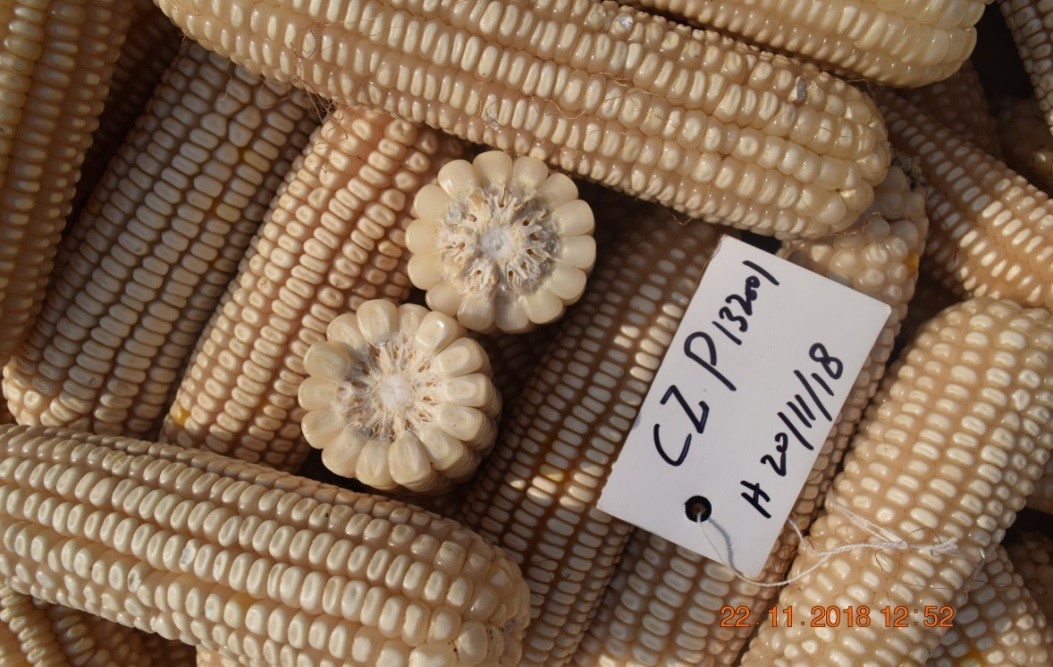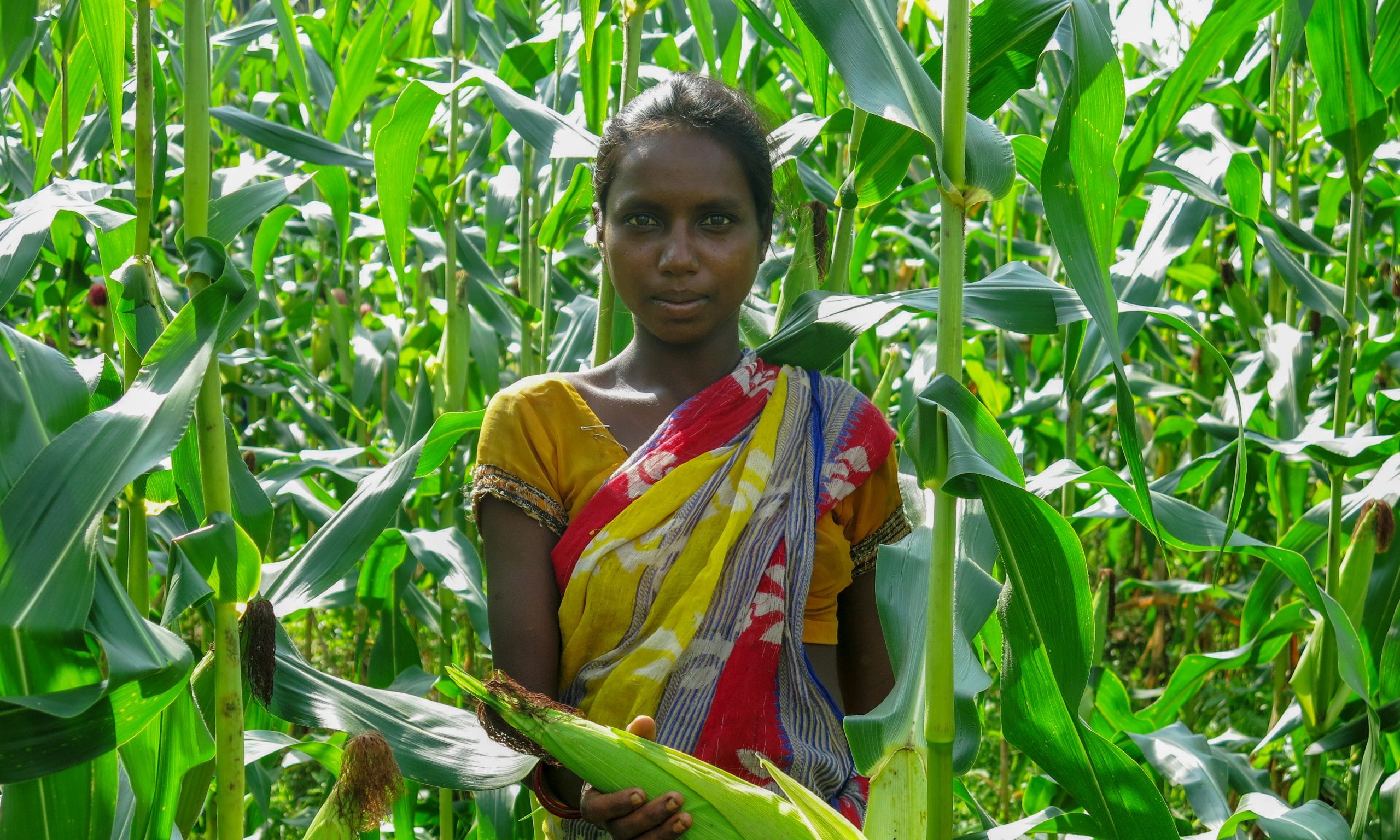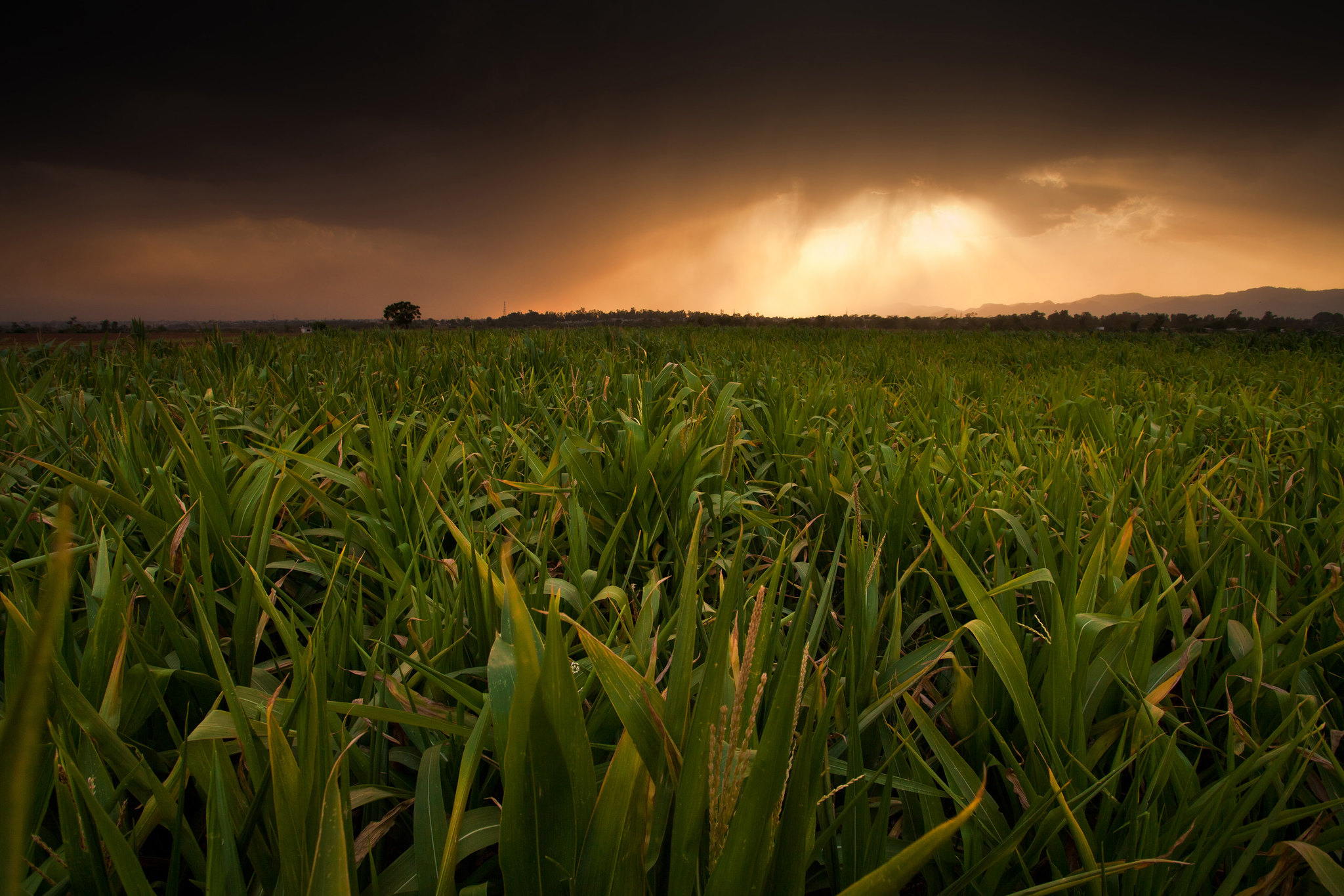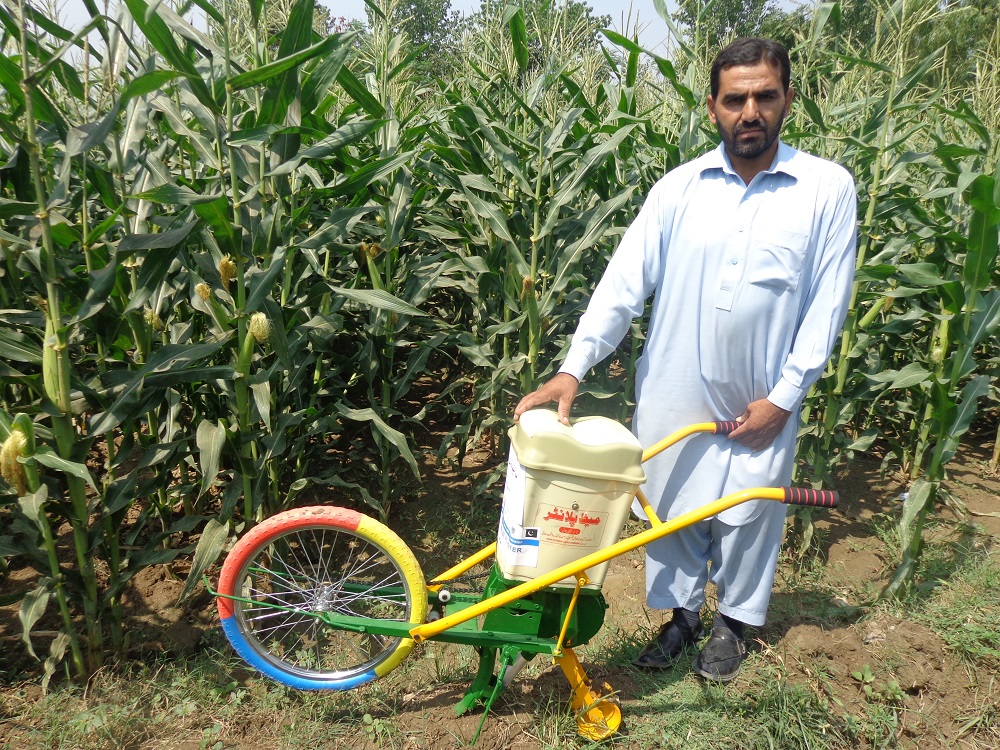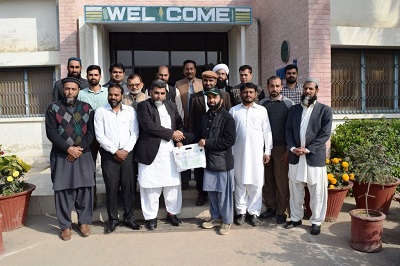Pakistan
For more information, contact CIMMYT’s Pakistan office.
Growers issued yellow rust warning
 Environmental health and biodiversity
Environmental health and biodiversity
Source: Dawn (6 Feb 2020)
CIMMYT warns wheat-growing farmers in Pakistan to watch for yellow rust disease.
Ten new CIMMYT-developed maize varieties released in Pakistan
 Innovations
Innovations
New maize varieties to bolster seed sector and enhance farm productivity.
Fruitful year for wheat, maize varieties
 Nutrition, health and food security
Nutrition, health and food security
Source: Dawn (23 Dec 2019)
Pakistan has released 20 new high-yielding, disease-resistant and climate change-resilient wheat and maize varieties during the year.
Energy crunch hits Pakistan’s farm productivity
 Nutrition, health and food security
Nutrition, health and food security
Source: Sci Dev Net (12 Aug 2019)
CIMMYT study shows uninterrupted energy and power supplies are critical farming inputs to reduce poverty and food insecurity,
Honoring the life and legacy of Fred Palmer
 Capacity development
Capacity development
Palmer made key contributions in applied science to fight hunger and improve livelihoods in the 20th Century.
Precision planters boost maize yields in Pakistan
 Innovations
Innovations
In the northwestern province of Pakistan, CIMMYT is helping connect farmers with precision planters to support higher maize yields and incomes.
Pakistan wheat seed makeover
 Nutrition, health and food security
Nutrition, health and food security
More productive, resilient varieties for thousands of farmers
Maize partners collaborate to maintain yield gain momentum in Pakistan
 Nutrition, health and food security
Nutrition, health and food security
Last year’s maize-growing season in Pakistan yielded a record-breaking six-million tons, decreasing the country’s dependence on imported maize seed and boosting local sales and exports of maize-based products.
CIMMYT helps national programs to enhance maize breeding efficiency in Pakistan
 Innovations
Innovations
Maize is Pakistan’s third important cereal following wheat and rice. However, Pakistan still imports more than 80 percent of the hybrid seeds, costing the country over $50 million annually and making retail price of hybrid seeds expensive.
Innovations for cross-continent collaborations
 Innovations
Innovations
Harinder Sidhu, Australian High Commissioner to India, visits Borlaug Institute for South Asia and climate-smart village.

